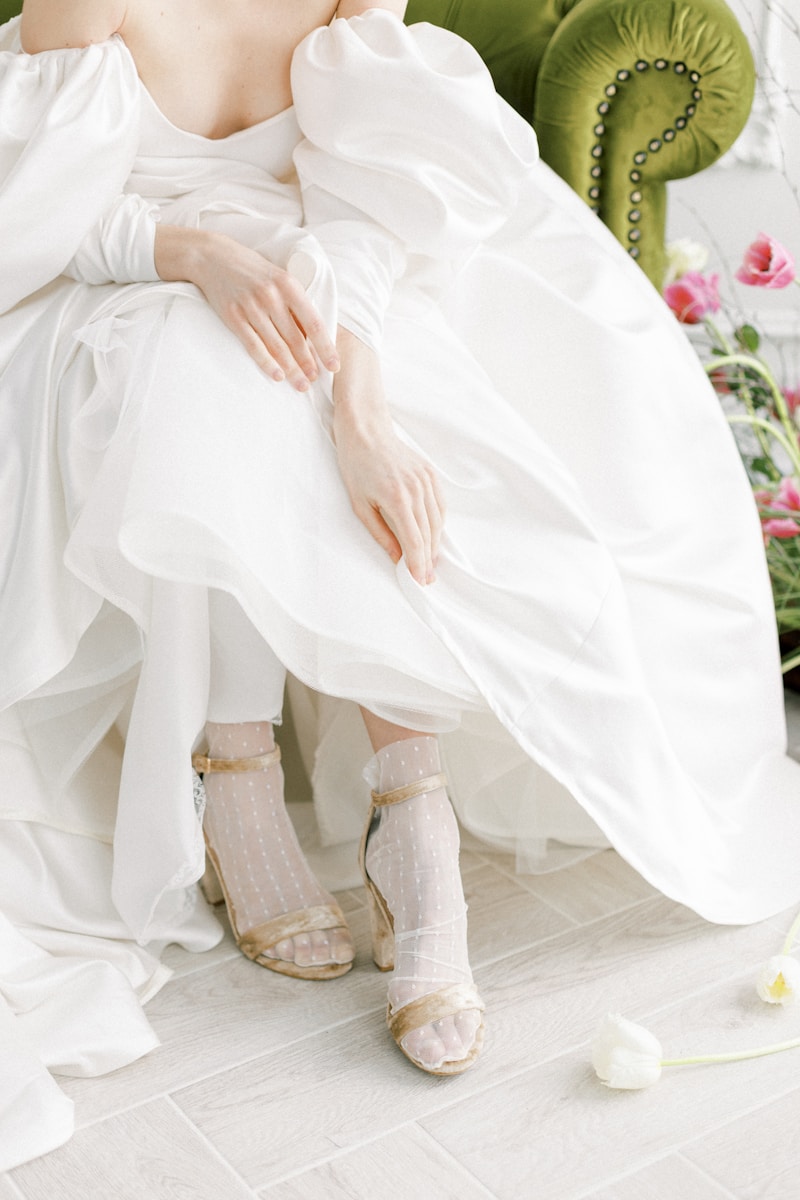Essential Fabric Choices for Custom Dresses: A Comprehensive Guide
Essential Fabric Choices for Custom Dresses: A Comprehensive Guide
Introduction to Custom Dress Fabrics
When it comes to creating the perfect custom dress, the fabric you choose is just as important as the design itself. The right fabric can make or break the overall aesthetic, comfort, and wearability of your dress. In this article, we will explore different fabric choices for custom dresses, their characteristics, and their ideal uses. Whether you are a designer, a sewing enthusiast, or someone planning a special occasion dress, understanding fabric options is crucial.
The Importance of Fabric Selection
Choosing the right fabric is the foundation of a successful custom dress. Different fabrics lend themselves to varying styles and functions. For an elegant evening gown, a luxurious silk may be favored, whereas a casual summer dress may require a lightweight cotton. Below, we will detail various fabric choices, each with its unique properties.
Common Types of Fabrics for Custom Dresses
| Fabric Type | Characteristics | Best For |
| Silk | Soft, shiny, and breathable | Formal dresses, evening gowns |
| Cotton | Soft, breathable and easy to work with | Casual dresses, summer clothing |
| Linen | Highly breathable and lightweight | Beachwear, summer dresses |
| Chiffon | Light, sheer, and flowing | Layered dresses, bridesmaid dresses |
| Velvet | Soft, thick, and luxurious | Evening wear, holiday dresses |
| Denim | Durable and versatile | Casual dresses, everyday wear |
| Jersey | Stretchy, comfortable, and form-fitting | Casual dresses, bodycon styles |
1. Silk: The Epitome of Luxury
Silk is renowned for its luxurious feel and elegant drape. It has a natural sheen that can elevate a dress from simple to stunning. Ideal for formal events, silk dresses can be designed with intricate detailing and can flow gracefully as you move. However, silk requires careful handling and specialized cleaning, as it can be prone to staining and damage.

2. Cotton: The Versatile Fabric
Cotton is one of the most popular fabric choices for dresses, thanks to its softness, breathability, and ease of washing. Cotton dresses are perfect for everyday wear and can be styled in countless ways. Custom designs can incorporate patterns and prints, making cotton a great canvas for creativity. Additionally, cotton is relatively affordable, making it an excellent choice for budget-conscious shoppers.
3. Linen: The Summer Staple
Linen is known for its lightweight and breathable quality, making it a perfect choice for hot summer days. Linen dresses have a relaxed, effortless vibe that is both stylish and practical. Although it wrinkles easily, many fashion lovers appreciate its casual charm. Consider linen for beach outings or garden parties!
4. Chiffon: The Sheer Delight
Chiffon is a lightweight, sheer fabric that adds an ethereal quality to dresses. Ideal for formal occasions, chiffon can be layered or draped to create a romantic silhouette. Many brides opt for chiffon in their wedding dresses due to its delicate appearance. However, chiffon can be slippery and challenging to sew, so it’s essential to handle it with care.
5. Velvet: Opulence and Warmth
For cooler months or evening events, velvet is a stunning choice. Its rich texture and depth of color add a touch of opulence to any dress. Velvet can make a statement, whether used for a full gown or as an accent. However, it can also be heavier than other fabrics, so it’s best suited for cooler climates.
6. Denim: Casual and Chic
Denim is not just for jeans; it has made its way into the world of dresses too! Denim dresses are perfect for casual outings and can be styled for different occasions. They offer durability and comfort, making them a practical choice for everyday wear. Custom denim dresses can feature unique details like embroidery or pockets for added flair.
7. Jersey: Comfort Meets Style
Jersey fabric is loved for its comfort and stretchiness, making it an excellent choice for form-fitting dresses. It's perfect for casual and everyday wear, as it allows freedom of movement while providing a polished look. Jersey dresses can be dressed up or down, depending on the accessories and styling.
Choosing the Right Fabric: Considerations
When selecting the fabric for your custom dress, consider the following factors:
- Occasion: Formal events may call for luxurious fabrics like silk or velvet, while casual outings are suitable for cotton or denim.
- Comfort: Ensure the fabric feels good against your skin. Breathable fabrics are better for warmer climates.
- Care: Some fabrics require special care or dry cleaning, so factor that into your decision.
- Budget: Quality fabrics vary in price. Set a budget and explore options that fit within it.
- Design: Consider how the fabric drapes and holds shape based on your custom design.
Conclusion
In conclusion, the fabric you choose for your custom dress plays a critical role in determining the final look and feel. From luxurious silk to casual cotton, each fabric has its unique charm and practical applications. Understanding the characteristics of different fabrics will empower you to make informed decisions whether you're designing a custom dress or selecting one from a retailer. Remember to consider the occasion, comfort, care, budget, and design when choosing the right fabric. Happy sewing!
Additional Tips and Resources
If you're still exploring fabric options, consult with local fabric shops or online retailers for swatches. Many companies offer sample fabrics, giving you a feel for texture and drape before making a commitment. Additionally, consider reaching out to designers or sewing communities for advice and support. Networking with experienced individuals can provide invaluable insights as you embark on your custom dress journey.
